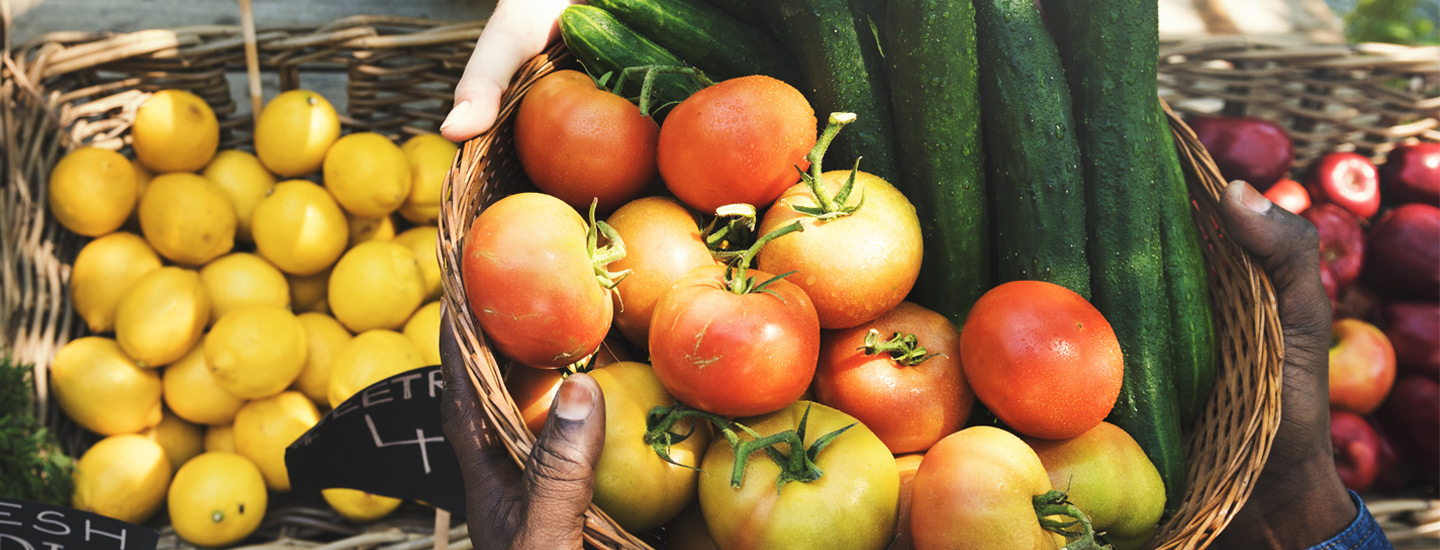By Richard LeBer
Special to The News-Press
Florida’s governor just signed a proclamation highlighting the importance of farmers, food assistance organizations, and families working together to fight hunger across the state, in honor of Feeding America’s Hunger Action Month. We thank the governor for recognizing this critically important cause.
Because Florida cannot afford the cost of hunger.
It includes financial loss, economic stress and drain on our healthcare system. Especially challenging, however, is the human toll it takes. Hunger makes the things we take for granted impossible. Focusing in school. Holding down a job. Pursuing higher education. Being active. Staying healthy.
According to the Hunger in America study, 66% of households served by Feeding America reported choosing between food and medical care. When people are forced to make these hard choices, they don’t eat, or they choose inexpensive foods with low nutritional value. More than half the households report at least one member living with high blood pressure, and over 33% have a member with diabetes.
Floridians in rural areas are hit particularly hard. Many of these areas are food deserts with no grocery stores available within 20 to 30 miles.
The impact on children is especially heartbreaking — when they are hungry, they are unable to learn. Shorter attention spans and health effects from undernourishment means their grades are lower, they struggle to maintain motivation, they can’t keep up in school, and they eventually don’t graduate.
We cannot afford the cost of hunger.
Hunger makes life harder, even impossible. Being hungry prevents people from getting back on their feet, re-entering society and having the ability to support themselves and their families. Where can someone turn when they feel they have run out of options?
Feeding Florida’s network of food banks answers the call, and we do much more than just feed people. A number of our food banks provide workforce development programs in the culinary arts, commercial trucking, and other vocations. We provide nutritional education and with healthcare partners fulfill Food Rx programs to provide healthy food options to clients. Several food banks have even partnered with the state to enroll families in SNAP programs and Healthy Kids.
We also tackle the challenges of food deserts. Sixty percent of Harry Chapin Food Banks’s five-county footprint is a food desert. Our mobile pantries expand our capacity to make food more accessible in underserved communities where people have limited financial resources. Families and individuals in Southeast Florida received 47.6 million pounds of food in fiscal year 2021 thanks to Harry Chapin Food Bank, including 12.6 million pounds of fresh produce.
Our food banks fight the cost of hunger every day, especially to help those who have paid this country with their service. Research compiled by the Department of Veterans Affairs estimates that 8-25 percent of the veteran population is food insecure. These are brave men and women who put country before self and are now unable to put food on their table. For instance, our sister food bank in Jacksonville, Feeding Northeast Florida, supplied 3,000,000 meals to veterans and active military in 2020, and supports 163 partner agencies helping to directly feed local military personnel.
The Feeding Florida network could not do this work alone, and among our most valued partners are Florida farmers. Through our Farmers Feeding Florida program, local growers who generously donate food to food banks are compensated for their cost of harvesting and handling. Since 2016, over 119 million pounds of produce has been made available to feed hungry Floridians via this program.
We work with retailers to optimize food resources and dollars, and coordinate with healthcare companies to supply prescriptive fruit and vegetables. Food is distributed through a carefully coordinated network of partner agencies and religious organizations. We encourage determination and taking the road toward self-sufficiency.
The goal is not to increase the amount of people we serve. The goal is to help them not need food banks anymore.
As we reflect on Hunger Action Month, ask yourself: what is the cost of hunger? Consider volunteering at your local food bank, donating to help veterans and children, or passing along information to a struggling family that just needs a little help this month.
Your actions can help your neighbors get back on their feet.
______
Richard LeBer is the President and CEO for the Harry Chapin Food Bank and President, Feeding Florida Board of Directors.
About Harry Chapin Food Bank: Harry Chapin Food Bank, a member of Feeding America and Feeding Florida, is the largest hunger-relief organization in Southwest Florida. The food bank rescues food that would otherwise go to waste and distributes it to children, families, seniors and veterans who are hungry through a series of food distribution programs that feed more than a quarter of a million people each month. For more information visit harrychapinfoodbank.org.
This guest column was published by The News-Press on October 4. To see the original column, click here.

